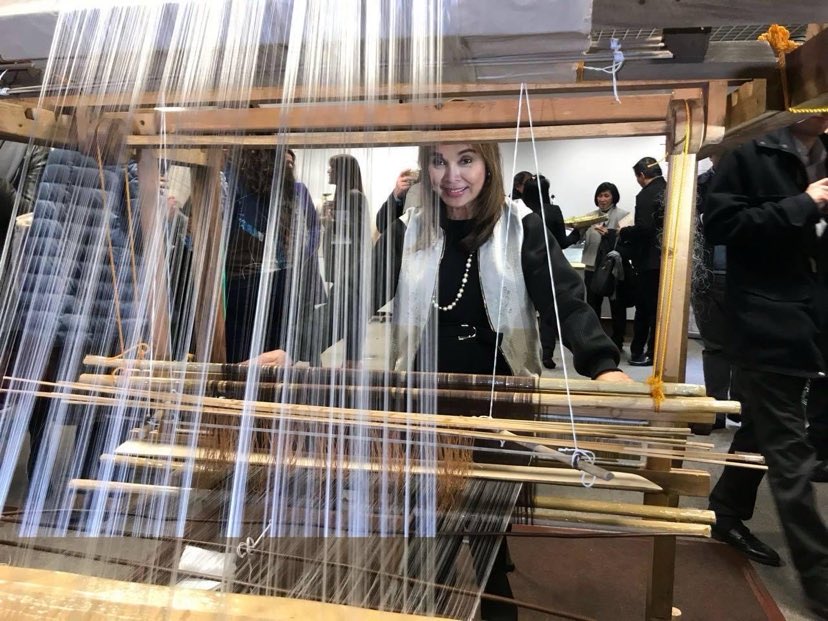
Senate President Pro Tempore Loren Legarda lauded the inclusion of the Aklan Piña handloom weaving on the United Nations Educational, Scientific and Cultural Organization (UNESCO)’s Representative List of the Intangible Cultural Heritage (ICH) of Humanity.
Highlighting the significance of the indigenous and cultural communities as custodians of the Philippine cultural legacy, Legarda said, “These weavers, knotters, scrapers, farmers and embroiderers are our culture-bearers. They inspire us to safeguard our heritage as they have remained faithful to their culture, have not turned their backs on their roots, and have fully embraced their tradition, which is an intangible wealth they possess.”
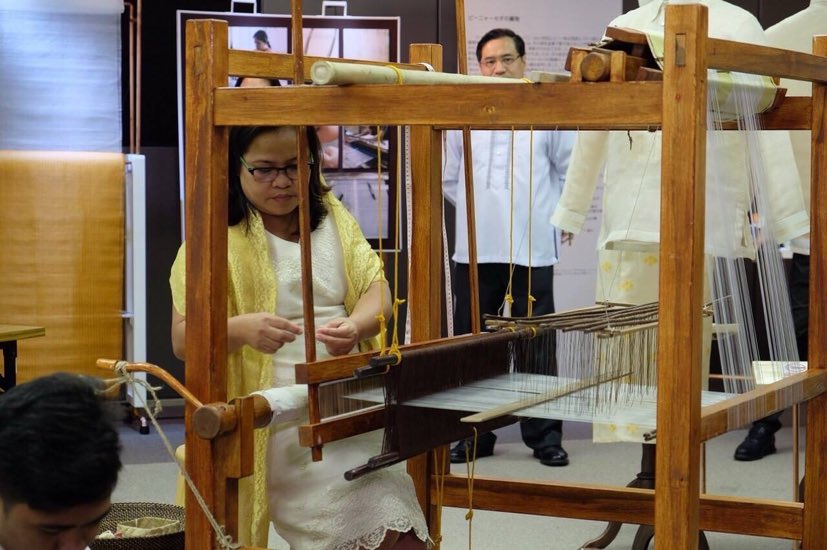
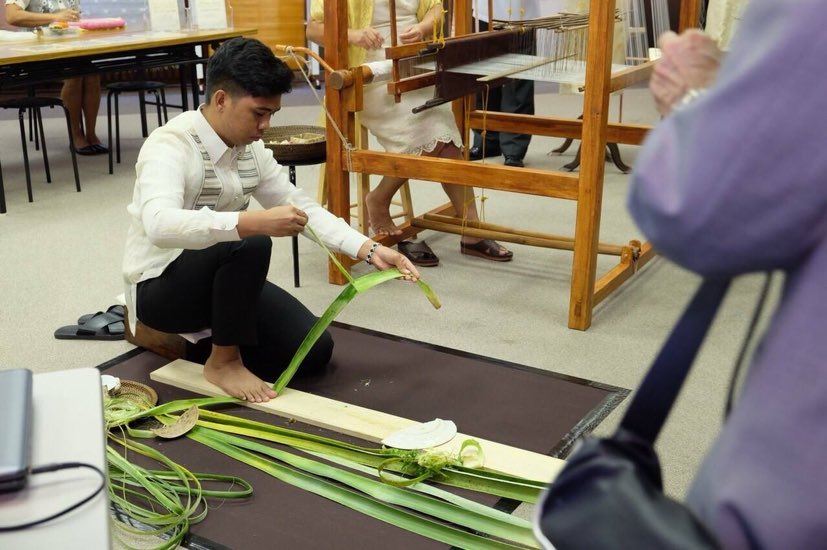
“The entry of the Aklan Piña handloom weaving into this prestigious list is a recognition of the world-class craftsmanship and creativity of the Filipino people. We hope that this brings awareness not just on the safeguarding and recognition of the piña handloom weaving, but will also give importance to other significant cultural treasures that our country possesses,” she added.
The journey toward this recognition started in 2018 when the National Commission on Culture and the Arts (NCCA) held a meeting that zeroed in on preserving the weaving industry, engaging its numerous representatives.
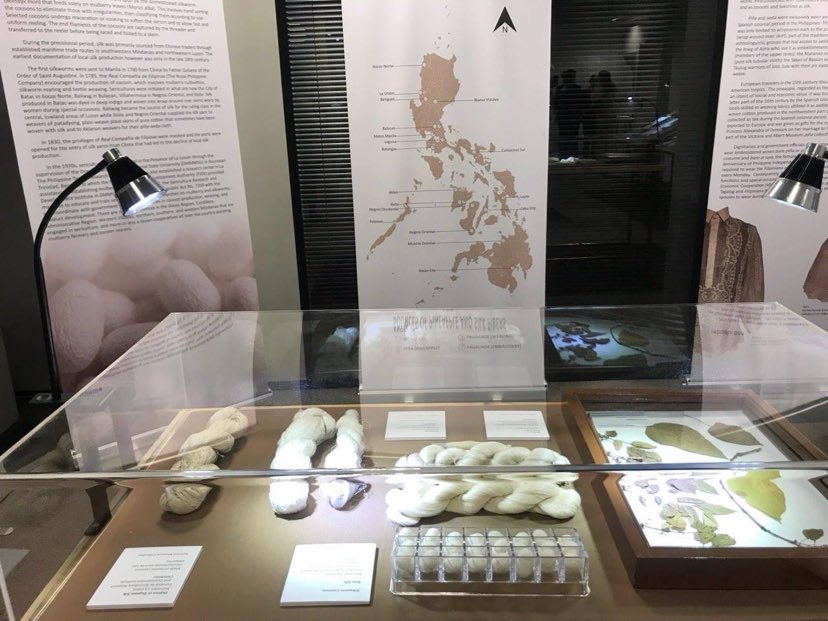
As the 18th Session of the Intergovernmental Committee for the Safeguarding of the ICH takes place in Kasane, Republic of Botswana, the impending entry of Aklan Piña handloom weaving into UNESCO aims to enhance its visibility, promote awareness of its significance, and foster dialogue that respects cultural diversity.
The four-term Senator, renowned for her unwavering commitment to the advocacy of culture and the arts, stands as a significant force behind this recent recognition. Her support for the piña handloom weaving in Aklan has been instrumental in this achievement.
Legarda, with the NCCA, initiated the School of Living Traditions (SLT). She has provided support to the Assistance for Filipino Artisans, Enhanced SLT Program, the establishment of weaving, natural dye, and processing centers, and the establishment of pineapple farms and fiber extraction facilities in some localities in the country.
She expressed her commitment to further safeguarding and promoting Filipino culture by introducing Senate Bill No. 624 or the Linangan ng Likhang Bayan Bill, which aims to establish an Institute for Living Traditions.
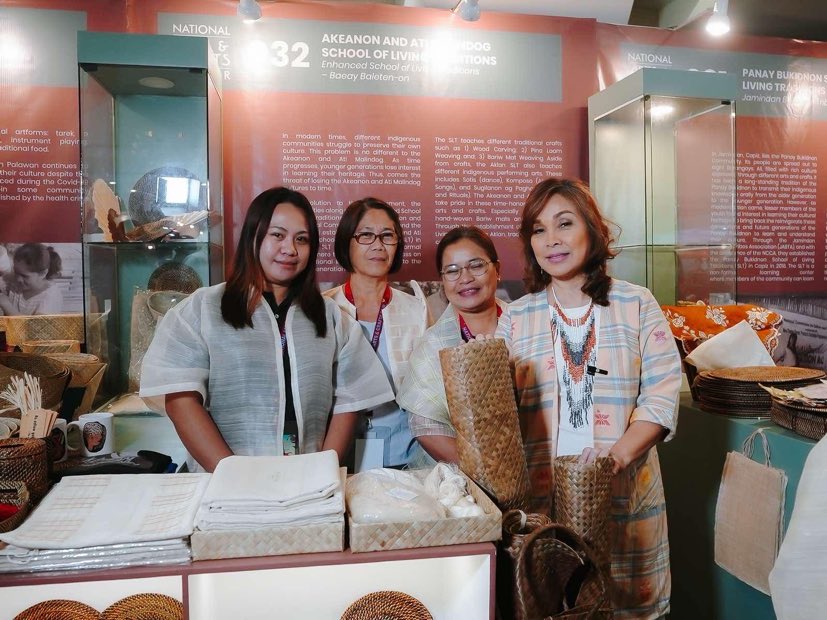
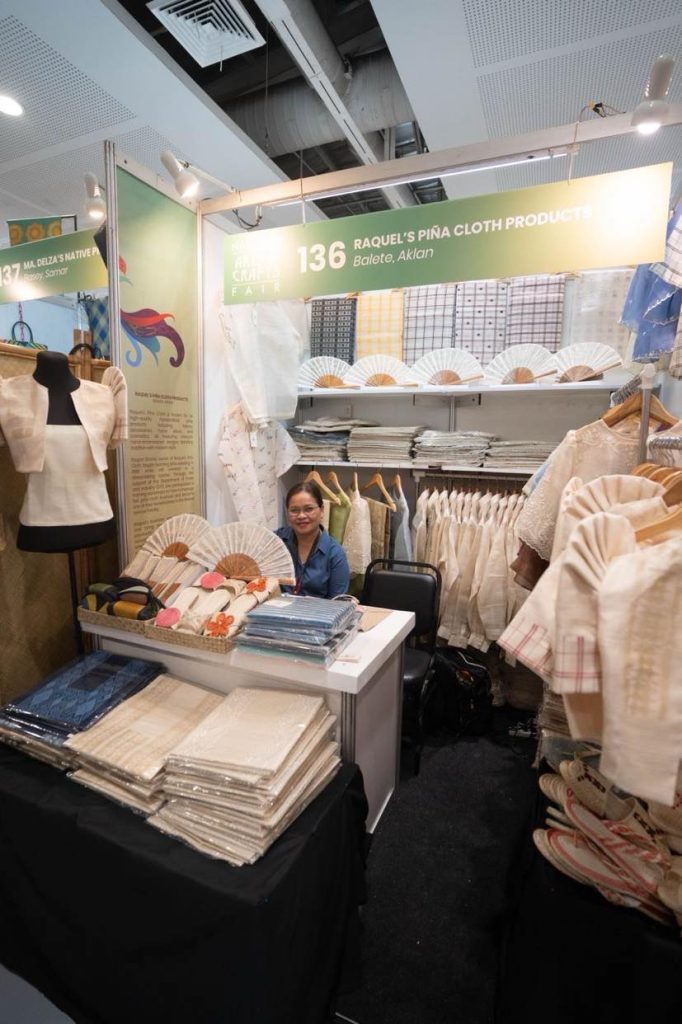
One of the beneficiaries of Legarda’s cultural initiatives is the Akeanon and Ati Malindog School of Living Traditions with its cultural master, Raquel Eliserio. The support initiated since 2016 has played a crucial role in advancing the preservation and documentation efforts of piña handloom weaving in Aklan.
Currently, Eliserio operates three weaving centers located in Balete, Kalibo, and Tangalan, all of which received support from the Senator, highlighting her ongoing commitment to the flourishing of these cultural traditions.
“We have long recognized Raquel’s exceptional skill in piña handloom weaving, a craft she has passionately pursued since the age of 16. My heartfelt gratitude to her for imparting this meticulous skill to children and inspiring over 500 individuals who dedicate their efforts to the preservation of this cultural treasure,” Legarda said.
“I am immensely proud of how far we have come. It is a personal source of pride for me that my commitment to preserving our weaving industry and promoting culture-based livelihoods has culminated in this prestigious recognition. We not only need to promote it but also fully embrace it. The world needs to know about the Filipino culture and artistry – our identity and source of pride,” she concluded.


